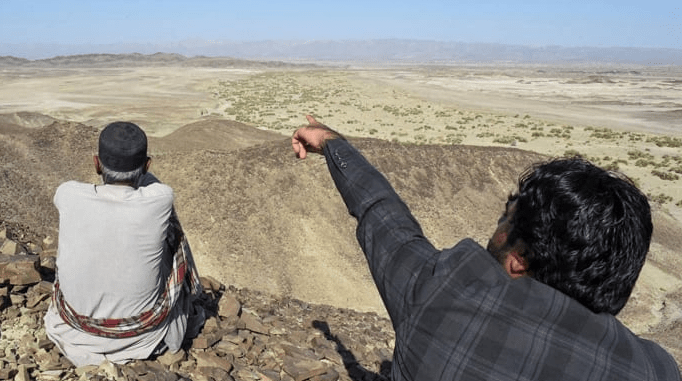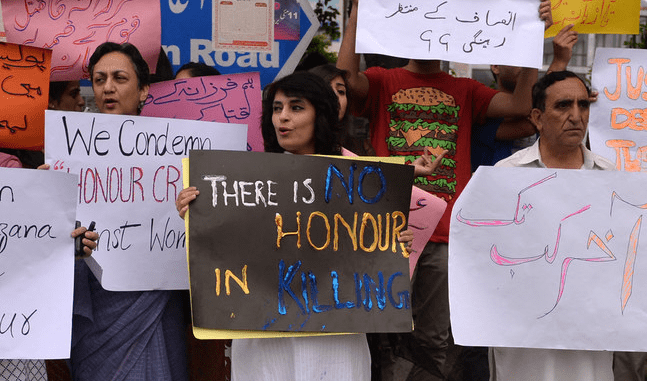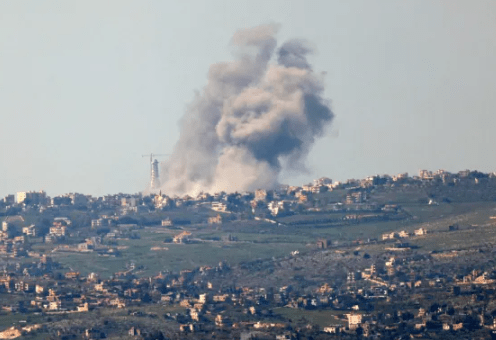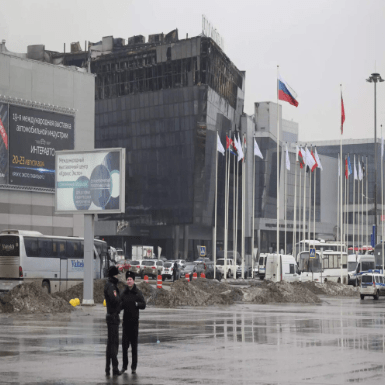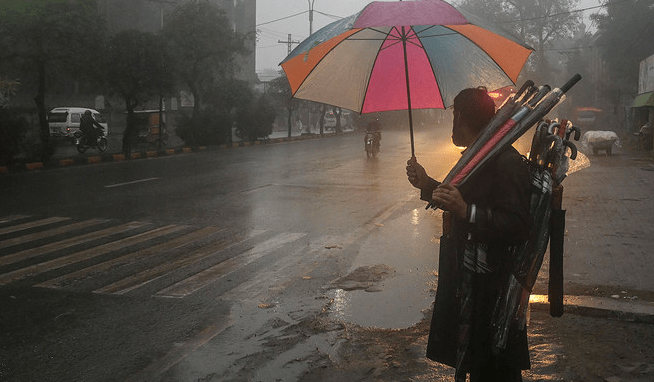Hints to San Jose shooter’s motive emerge
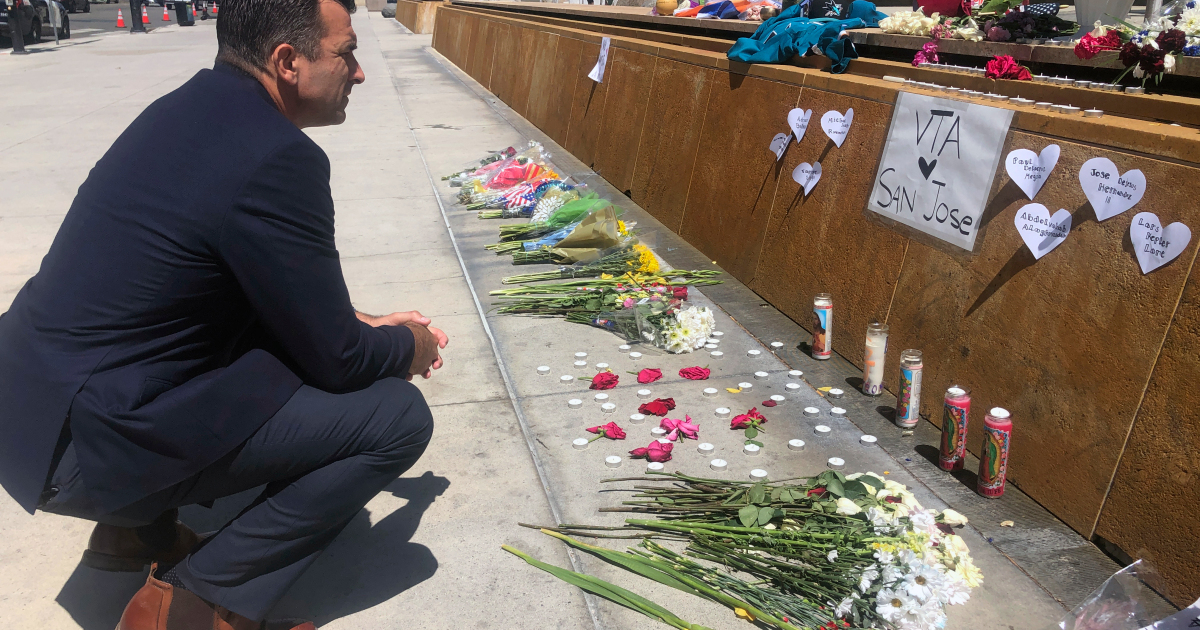
An official motive still has not been determined, however, reports suggest Samuel Cassidy was a disgruntled employee.
A gunman who killed nine people at a California rail yard where he worked appeared to target some of the victims, a sheriff told The Associated Press on Thursday, while a Biden administration official said the shooter spoke of hating his workplace when customs officers detained him after a 2016 trip to the Philippines.
Samuel Cassidy, 57, arrived at the light rail facility for the Valley Transportation Authority in San Jose about 6:30am local time (13:30 GMT) Wednesday with a duffel bag filled with semi-automatic handguns and high-capacity magazines, Santa Clara County Sheriff Laurie Smith said.
“It appears to us at this point that he said to one of the people there: ‘I’m not going to shoot you,’” Smith said. “And then he shot other people. So, I imagine there was some kind of thought on who he wanted to shoot.”
While there are no cameras inside the rail yard’s two buildings, Smith said footage captured him moving from one location to the next. It took deputies six minutes from the first 911 calls to find Cassidy on the third floor of one of the buildings, Smith said.
He killed himself as deputies closed in on the facility serving the county of more than one million people in the heart of Silicon Valley. More than 100 people were there at the time, and authorities found five victims in one building and two in another, Smith said.
Authorities do not yet know whether Cassidy had worked regularly with any of the victims. Investigators were serving search warrants for his home and mobile phone, seeking to determine what prompted the bloodshed, the sheriff said.
“I’m not sure we’ll ever actually find the real motive, but we’ll piece it together as much as we can from witnesses,” she said.
After being detained in 2016, Cassidy was found to have a memo book with notes on how he hated the Valley Transportation Authority, according to a Biden administration official who described a Department of Homeland Security memo laying out Cassidy’s statements. The official saw the memo and detailed its contents to The Associated Press but was not authorised to speak publicly about an ongoing investigation.
The Wall Street Journal first reported the memo.
The memo did not say why he was stopped by customs officers. It said he had books about “terrorism and fear and manifestos” but when he was asked whether he had issues with people at work, he said no. It noted that Cassidy had a “minor criminal history” and cited a 1983 arrest in San Jose and charges of “misdemeanor obstruction/resisting a peace officer.”
Cassidy’s ex-wife said he had talked about killing people at work more than a decade ago. Documents show he had worked at the transit authority since at least 2012.
“I never believed him, and it never happened. Until now,” a tearful Cecilia Nelms told the AP on Wednesday.
She said he used to come home from work resentful and angry about what he perceived as unfair assignments.
“He could dwell on things,” she said. The two were married for about 10 years until a 2005 divorce filing, and she had not been in touch with Cassidy for about 13 years, Nelms said.
The victims of the massacre
Several longtime employees were killed, many of whom worked together.
“Whatever happened yesterday, it shows the character of these guys how they tried to save others while going through that chaotic situation,” light rail superintendent Naunihal Singh said.
The victims were Alex Ward Fritch, 49; Paul Delacruz Megia, 42; Taptejdeep Singh, 36; Adrian Balleza, 29; Jose Dejesus Hernandez, 35; Timothy Michael Romo, 49; Michael Joseph Rudometkin, 40; Abdolvahab Alaghmandan, 63, and Lars Kepler Lane, 63.
To his friends, Lars Lane was a laid back, ordinary guy who liked to spend time with family and take on projects outside his work at the Valley Transportation Authority.
He was a husband, father, grandfather, and a brother to five siblings, said his childhood friend Brad Fisher, a truck driver, in a telephone interview with the Reuters news agency. He was “an ordinary guy who did extraordinary things”, Fisher said. An avid bicyclist and a “jack of all trades,” Lane often loved doing projects at home like building a pool in his back yard.
Fisher, 66, said Lane was proud of his work at the VTA, and one time showed Fisher around the rail yard, even letting him operate a train for a minute for fun.
Indian-born Taptejdeep Singh, 36, was always looking to help people – a trait that cost him dearly on Wednesday, family friend Kashmir Singh Shahi said in a telephone interview.
“He told me he was with Paul, another victim, at the time,” co-worker Sukhvir Singh, who is not related to Taptejdeep Singh, said in a statement. “From what I’ve heard, he spent the last moments of his life making sure that others — in the building and elsewhere — would be able to stay safe.”
Paul Delacruz Megia, 42, left behind three children, television station KRON reported. Megia was remembered by friends on social media for his good humour. In a Facebook post, his childhood friend Monica Lennon wrote that Megia had a “special twinkle” in his eye and told “dorky jokes”.
“Thank you for making my life so much brighter because of your infectious smile,” Lennon wrote.
Phil Guzman, who said he worked with a few of the victims, wrote on Facebook that Megia was “one of the best supervisors I’ve ever worked for”.
“Never too busy to listen to whatever stupid, silly or crazy thoughts I had. A truly honest and genuine person,” Guzman said of Megia.
Guzman also knew Adrian Balleza, a 29-year-old victim of Wednesday’s shooting. Balleza posted many photos of his wife and young son on his Facebook page.
Michael Rudometkin, 40, was a motorcycle buff, according to his Facebook profile. When he posted on Facebook in December 2018 that he had joined the Santa Clara Valley Transportation Authority as an overhead line worker, his mother Rose Rudometkin wrote: “Congratulations son!”
Raul Peralez, a San Jose councilman and lifelong friend of Rudometkin said, “I, unfortunately, get to know personally how these nine families have felt this past night, this morning with just a sense of disbelief, with a hope that your loved one is still going to come home and knowing that that’s just never going to happen again.”

